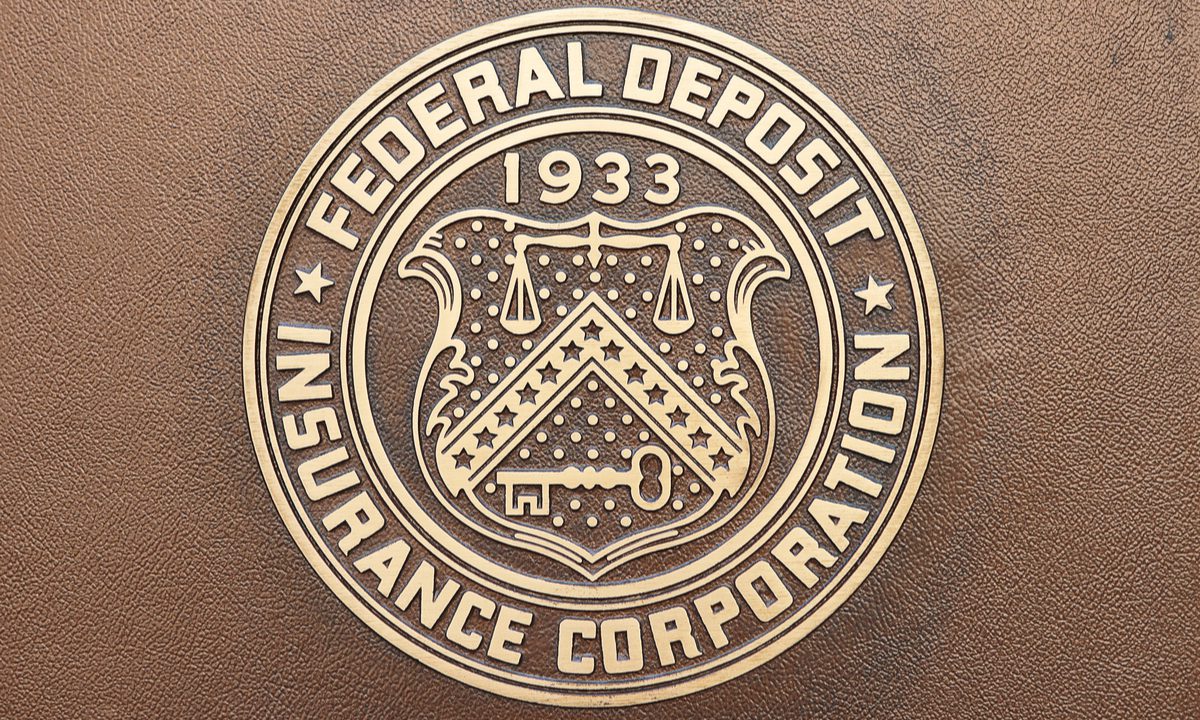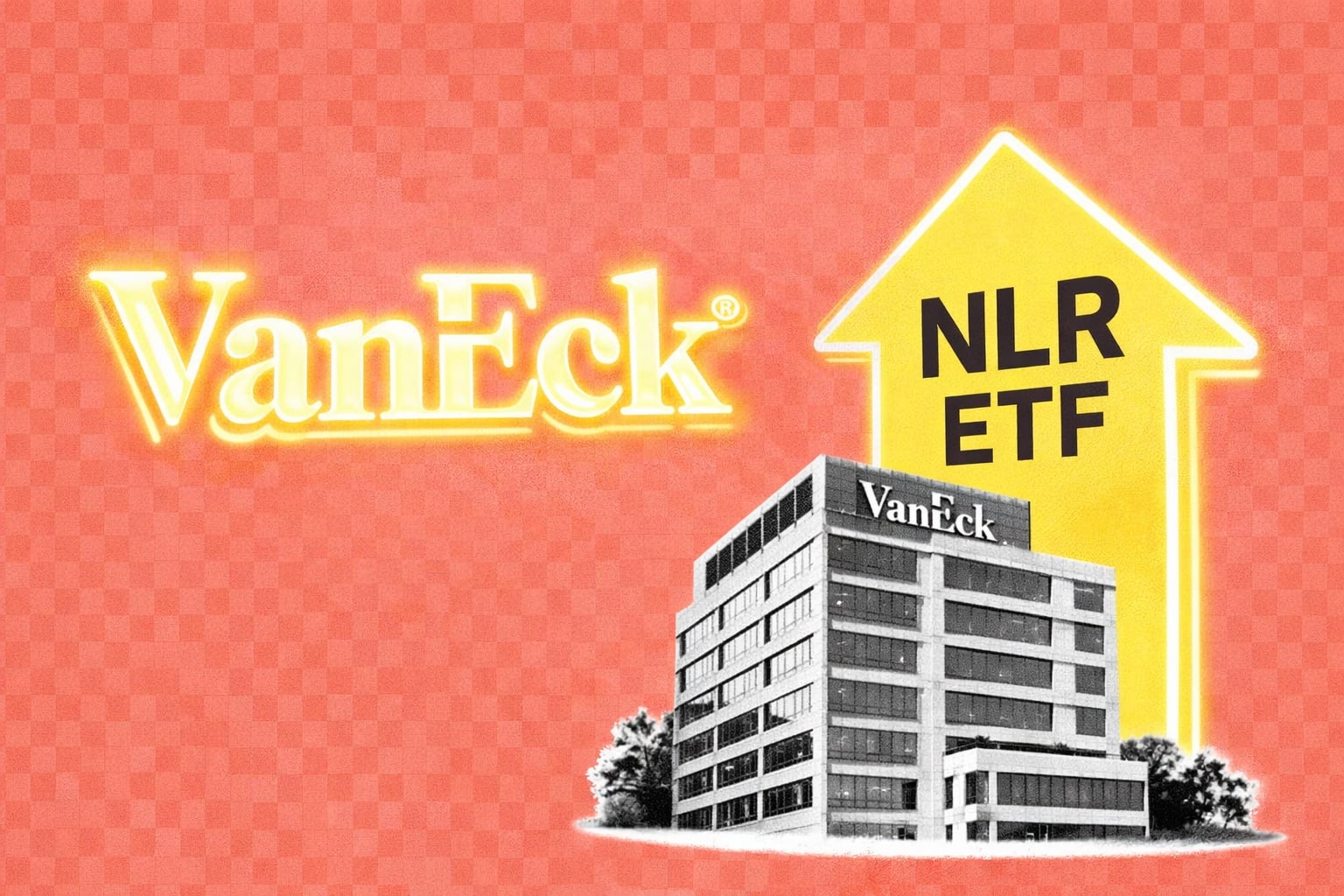
FDIC Pursues Sale of Failed Banks' $116 Billion Low-Yielding Assets; Larger Banks May Bear the Burden
Major Banks May Shoulder Cost as FDIC Attempts to Sell $116 Billion in Troubled Assets from SVB and Signature Bank
The Federal Deposit Insurance Corporation (FDIC) is seeking a buyer for a portfolio of low-yielding assets previously held by the failed Silicon Valley Bank (SVB) and Signature Bank. The assets, which the new buyers, First Citizens Bancshare and New York Community Bancorp, refused to acquire, are valued at $116 billion. The FDIC is attempting to recover from the collapse of these two banks, which cost the deposit fund approximately $23 billion.
The assets up for sale were accumulated by SVB and Signature Bank while interest rates were close to zero. They include government bonds and securities backed by US government agencies with extremely low yields. If the new owners of the failed banks were to take on these assets, they would have to recognize large losses, as current interest rates are significantly higher than the yields on these assets.
The FDIC maintains a $128 billion deposit insurance fund to insure bank deposits and protect depositors. The fund is typically supplied by quarterly payments from insured banks in the United States. However, in the case of a significant event like the failure of Silicon Valley Bank, the FDIC can assess a special charge on the banking industry to recover the cost. The agency is expected to announce details of the latest assessment in May 2023.
The FDIC is considering assigning the burden of this assessment to larger banks, which would ultimately result in higher fees for bank customers and lower rates on their savings accounts. This decision stems from the argument that large banks, such as JPMorgan Chase, Citigroup, Bank of America, and Wells Fargo, can shoulder extra payments without collapsing. Additionally, these banks benefited from the collapse of SVB and Signature Bank as customers moved billions of dollars to them for safety.
Regardless of who is charged, the fees will eventually be passed on to bank customers, according to former FDIC Chairman Bill Isaac. Banks are expected to make up for these extra costs through higher fees for services, higher prices for loans, and less compensation for deposits.
The FDIC has retained advisers to facilitate the sale of the securities portfolios, which carry a face value of around $90 billion for Silicon Valley Bank and $26 billion for Signature Bank. The exact amount the FDIC's deposit fund stands to lose on the sale remains unclear. The FDIC will release final figures once sales of the loan books and securities portfolios are complete.
Read More
-
NLR ETF at $145.21: Uranium, Nuclear Power and the AI Baseline Energy Trade
14.01.2026 · TradingNEWS ArchiveStocks
-
XRP ETF Demand Lifts XRPI, XRPR and Bitwise XRP as XRP-USD Defends $2.10 Support
14.01.2026 · TradingNEWS ArchiveCrypto
-
Natural Gas Price Forecast - NG=F Slides Toward $3 as Warm Winter Clashes With LNG Demand
14.01.2026 · TradingNEWS ArchiveCommodities
-
USD/JPY Price Forecast - USDJPY=X Climbs Toward 160 as Japan’s Debt Fears Clash With BoJ Hike Hopes
14.01.2026 · TradingNEWS ArchiveForex


















